West Asia, Suez Crisis, Iran – Iraq War, Gulf War
Syria and Lebanon
- As in other parts of Asia, there was an upsurge for freedom in West Asia also immediately after the Second World War.
- After the war, the French tried to restore their authority over Syria and Lebanon but, in the face of opposition from the people of these countries & the world opinion, they were forced to withdraw.
- Both Syria & Lebanon became independent by the end of 1946.
There was an upsurge in all the Arab countries at this time & 1950s saw their emergence as independent nations. The period saw the growing power of Arab nationalism which led to efforts by the Arab people and governments to come together to face and solve common problems. The Arab League was formed comprising all the Arab states.
Formation of Israel
- Palestine had become a British mandate in 1919. The British troops again occupied the country in 1945.
- Large influx of Jews took place in Palestine after they faced extermination under the hands of Hitler in Germany.
- Palestine was inhabited by Arabs and Jews. The persecution which the Jews in Europe had suffered for centuries had won them sympathy and support of the world.
- British in Palestine had permitted some Jews from outside Palestine to settle there.
A movement called the Zionist movement claimed that Palestine was the homeland of all the Jews, wherever they may be living, & should be restored to them. This complicated the freedom movement in Palestine, majority of whose inhabitants were Arabs.
- In 1947 the United Nations passed a resolution according to which Palestine was to be divided into an Arab state and a Jewish state.
- However, in 1948, the British withdrew their troops from Palestine and soon after the state of Israel was proclaimed.
- Arab states refused to recognise Israel. This led to a war between the Arab states and Israel.
- Arab world united under the leadership of Egypt and its dynamic leader Colonel Nasserand they declared war against Israel. Arabs were defeated by Israel.
Suez Crisis of 1956
- By treaty of Constantinople in 1889 Suez Canal was considered as part of Egypt.
- The larger shares of this canal were in the hands of US, Britain, France etc. and in return for transport and communication these countries were providing financial aid to Egypt which was used in projects like Aswan Dam.
- Due to leadership of Egypt against Israel, Britain ended financial help and in such circumstances Egypt nationalised Suez Canal which led to the Suez crisis of 1956.
- Israel captured the Sinai Peninsula. The attacks were widely condemned. US refused to support Britain.
- For the first time USSR and US agreed on something. They demanded an immediate ceasefire.
- With the pressure building up, Britain, France and Israel decided to withdraw.
6 Days War (1967)
- Arab states joined hand to destroy Israel.
- The lead was taken by Iraq, Syria and Egypt.
- They were encouraged in this effort by Russians (because Israel was supported by Americans).
- The Israeli decided that the best policy is to launch early attack than wait to be defeated. They captured
- Sinai Peninsula and Gaza strip from Egypt
- West Bank from Jordan
- Golan Heights from Syria
Israel turned these areas into buffer zones to counter the attacks of Arab nations. It was a complete humiliation for Arab states. The Russians had been of no help.
Iran – Iraq War
Iraq was ruled by Saddam Hussein. Iran became republic in 1979 under the leadership of Ayatollah Khomeini & Shiite supporters.
- The population of Iraq was mainly Sunniwith large Shia minority.
- Saddam government was afraid that revolutions in Iran might spill over to his country.
- He was overconfident of his military strength and considered Iranian forces to be weak and therefore launched an attack and expected quick victory.
- On paper Iraqi forces were strong but Iranian fought with fanatical determination.
- Iran got weapons from China and North Korea.
Result
- Stability of the entire region was threatened.
- Saudi Arabia, Jordan and Kuwait gave support to Iraq but Syria, Libya, Algeria were critical of Iraq.
- Threatened the energy supplies to the West.
- Neither side neither achieved its objectives nor was war ended.
Gulf War (1990)
- Saddam Hussein launched another offensive against Kuwait (1990) due to –
- Wealth of Kuwait since he was short of cash after the war with Iran.
- He claimed that Kuwait was part of Iraq.
- He had the strongest army in the region.
- He did not hope America and European powers to act against him as they had supplied him weapons during the Iran war.
- Saddam had miscalculated. US pushed for military actions and UN imposed trade sanctions.
- Saudi Arabia, Syria & Egypt got nervous about Iraq’s nefarious motives & decided to support international efforts.
- Operation Desert Storm was launched against Iraq.
- Within 4 days Kuwait was liberated and Baghdad was bombed.
- Saddam was allowed to remain in power and was left with considerable arms and troops because West considered his survival to be best for the stability of the region.
Result
- Iraq was devastated.
- Kurds revolted in Iraq, but no one interfered this time as Russia, Syria and Turkey had Kurds minority of their own and did not want the revolt to spread.
The primary concern was not with the international justice and moral questions of right and wrong but with their own self-interest. They only took actions when they threatened their oil supplies
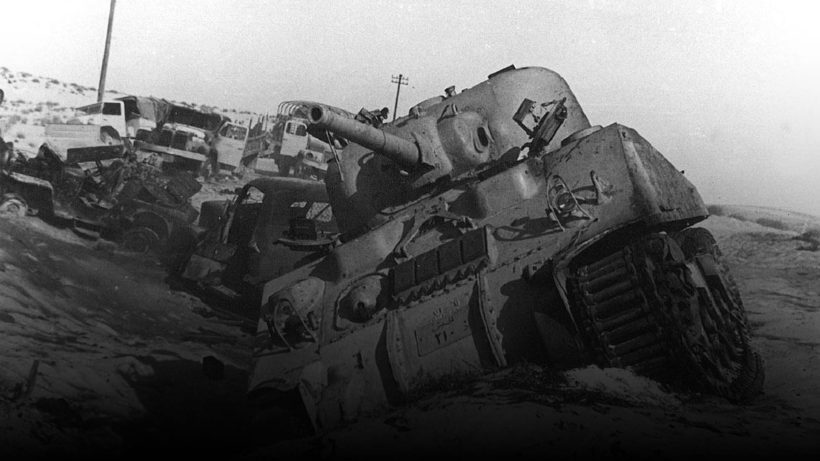
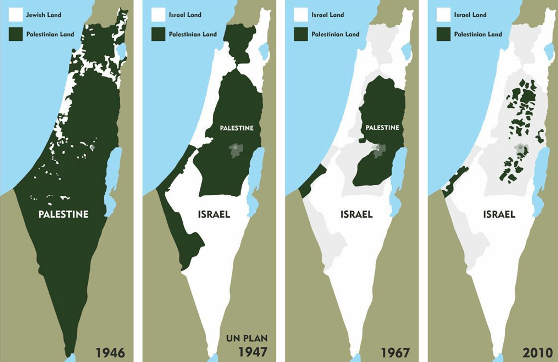
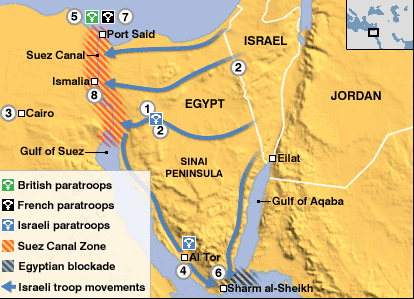
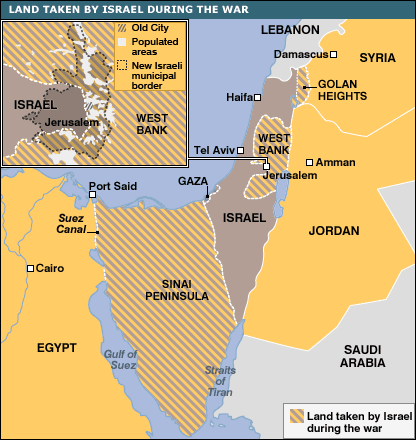
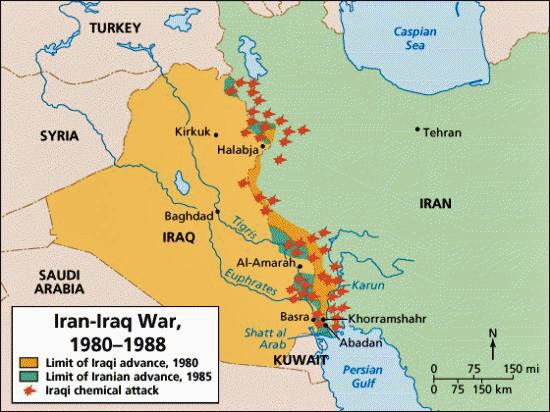


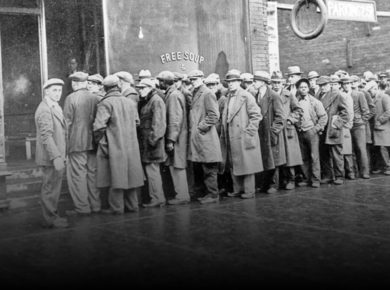






2 comments
thankyou very much to share the knowledge.
soviet-afgan war?